Don’t underestimate ravages of climate crisis when storing nuclear waste: Meg Sears
The Canadian Nuclear Safety Commission should heed Mother Nature’s warning and deny the present proposal. In today’s weather, much less the future, the commission is unlikely to meet its goal to keep nuclear waste secure for hundreds of years.
In France, a culinary counteroffensive represents the meat industry’s decline

Stand by for Big Meat to launch a long, slanderous campaign against plant-based protein and its rival, ‘farm-free’ food, based on protein produced by ‘precision fermentation.’
Canada should stand with farmers at COP28
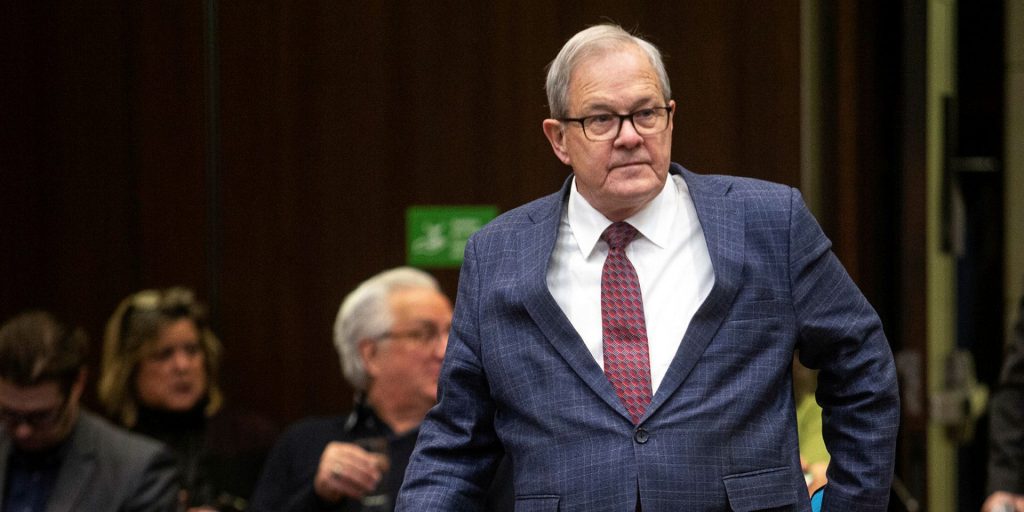
Agriculture is commonly accused of contributing 11 per cent of CO2 emissions, but not all agriculture is created equal.
Tories’ ‘axe the tax’ messaging ignores success of B.C. policy and misunderstands ‘basics of climate change,’ says NDP critic Cannings
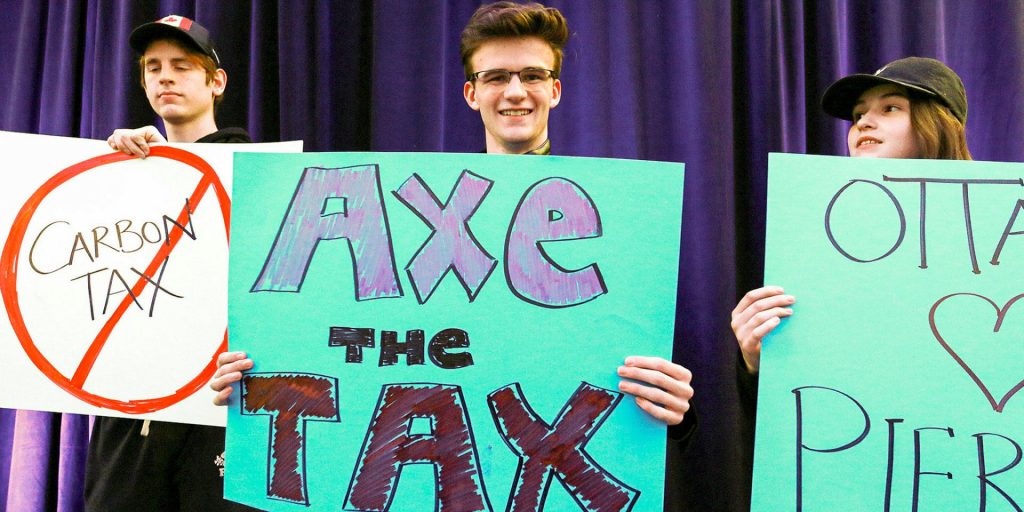
Though it’s likely in the Conservatives’ best interest to have a strong climate plan ahead of the next election, Clean Prosperity’s Michael Bernstein says that doesn’t necessarily mean supporting a carbon price.
Cast a critical eye to attempts to link fossil fuel expansion to Indigenous well-being
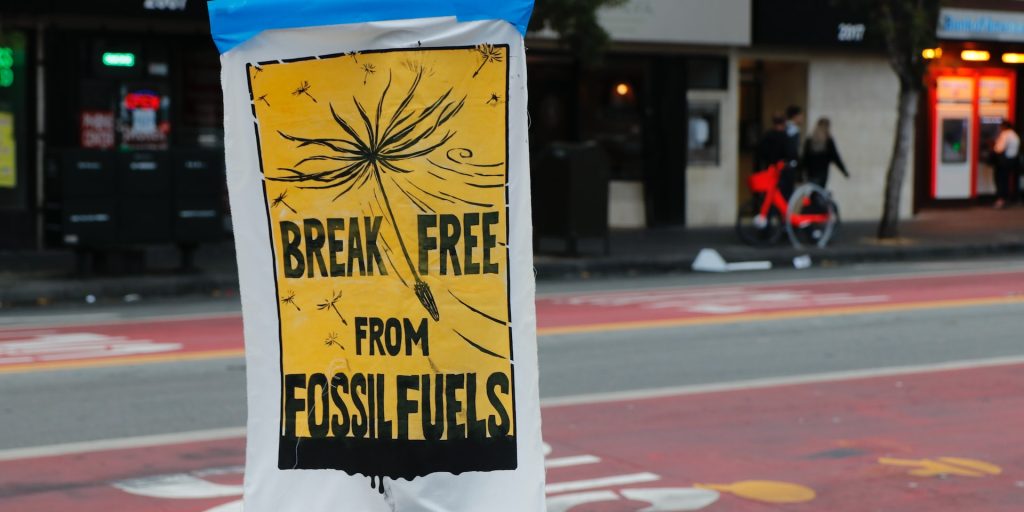
Some Indigenous people with previous grassroots legitimacy have become unwitting spokespersons for the extractive economy, contrary to their peoples’ responsibilities to the lands, waters, and the future.
Freeland’s meeting with Alberta Premier Smith a continuation of fraught relationship on energy and climate
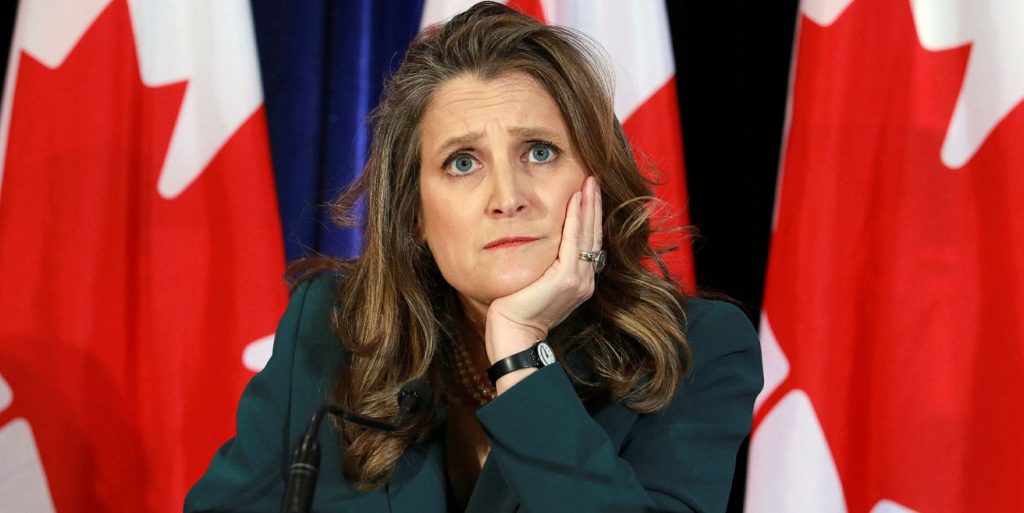
Danielle Smith has opposed the federal government’s plans on net-zero electricity grids, an emissions cap on oil and gas, and the growth of renewable energy.
Collaborate to make the Columbia River Treaty an opportunity to face today’s challenges
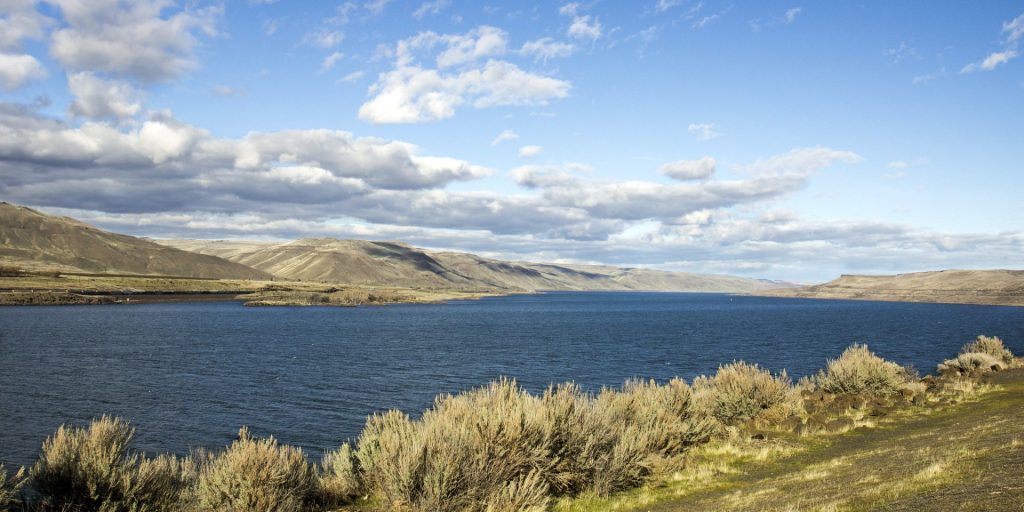
A renewed Columbia River Treaty should be about building ecosystem and community resilience amid the climate crisis.
ESG is collapsing under the weight of its own contradictions

It has become apparent that there are no consistent ESG standards that are applied across the board, while some evaluations result in preposterous conclusions.
‘These fires are different, we have to start doing things differently’: N.W.T. MP McLeod calls for communities, feds to get ‘fire smart’

NDP MP Blake Desjarlais says a truly proactive plan would involve both curtailing climate change and creating a force that can also monitor for other high-risk climate events to better prepare communities before they strike.
Making carbon capture and storage work for the net-zero economy

Carbon capture and storage has the potential to accelerate or hinder the emergence of a thriving net-zero economy, and instead of debating whether it is intrinsically good or bad, it is time to discuss how to advance the technology productively in Canada.

